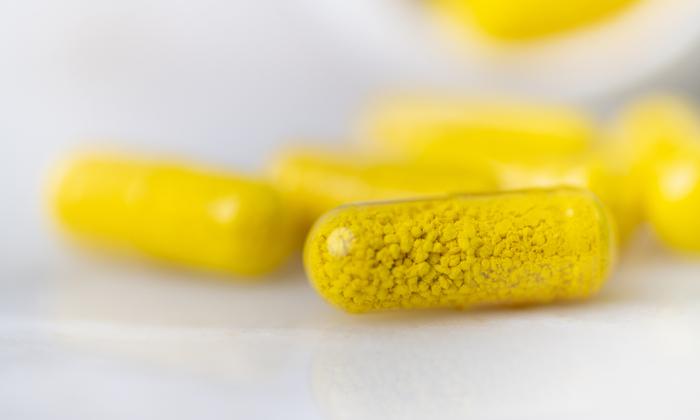Learn about the transformative power of gratitude—boosting immune function, improving sleep quality, and enhancing mental health.
Pessimism and negativity are notorious downers, making you about as welcome at a party as a skunk at a garden soiree. But recent research implies that these killjoy mentalities may wreak havoc far beyond simply dulling our social lives.
Evidence links the opposite mindset—one embracing positivity and thankfulness—to fighting disease and nurturing optimal health.
Gratitude Lowers Inflammation
Gratitude may do more than build character—it could help to combat inflammation, according to recent research.In the randomized control trial, researchers divided 61 healthy middle-aged women into two groups that journaled weekly. The “gratitude” group was instructed to describe and thank people in their lives. Participants in the control group received a descriptive, neutral writing prompt. After six weeks, the gratitude group showed significant reductions in inflammatory markers.
“This research contributes to a growing literature on the reinforcing relationships between positive emotions, prosocial behavior, and physiological processes related to physical health,” the authors wrote.
These findings also build on
previous research suggesting that gratitude journaling can improve physiological factors related to cardiovascular health. Although the exact mechanism isn’t confirmed, one theory is that gratitude may reinforce the relationships among positive emotions, social behavior, and physical well-being.
Grateful People Sleep Better
Gratitude may also foster better sleep.
A study published in
Behavioral Sleep Medicine found that people with higher scores on a gratitude and appreciation test tended to experience longer, higher-quality sleep. The researchers hypothesized that this could be because gratitude reduces depression, which can impair sleep.
“Highly grateful individuals have lower symptoms of depression, which in turn leads to fewer pre-sleep worries, resulting in better perceived sleep quality,” the authors wrote.
A
2020 systematic review of 19 scientific studies of gratitude confirmed a “strong relationship” between gratitude and improved sleep quality. In chronic pain patients, gratitude’s anxiety-reducing effects may mediate better sleep.
“This may imply that gratitude has a more immediate effect on pre-sleep cognitions, influencing sleep quality, and providing a possible explanation for the promising results reported for sleep quality over other physical health outcomes reviewed,” the authors wrote.Thankfulness Improves Mental Health
A Gallup poll in 2015 found that 19 percent of U.S. adults reported being depressed. That number rose to almost 30 percent in 2023. As the United States’ mental health crisis worsens, some researchers suggest gratitude could be especially important.
A
2023 meta-analysis of 64 randomized clinical trials found that gratitude interventions increased patients’ gratitude, improved mental health and mood, and reduced anxiety and depression symptoms.
“The results demonstrate that acts of gratitude can be used as a therapeutic complement for treating anxiety and depression and can increase positive feelings and emotions in the general population,” the authors wrote.
In contrast, other studies show that negative thought patterns such as worrying and rumination can
predict worsening depression and health outcomes over time.
Tips for Intentionally Growing Gratitude
The most well-studied approach is keeping a gratitude journal.
Mental health experts also advise making lists of things that you’re grateful for, such as family, friends, activities, and career.
Writing thank you notes and helping others are other recommended practices.
Evidence suggests various methods for cultivating gratitude, but research consistently finds that gratitude must be practiced proactively. As one team of researchers note, “Gratitude is a light expression not necessarily conditioned to good times, making it possible to maintain the feeling and feel good, even during negative experiences or most difficult moments.” 






